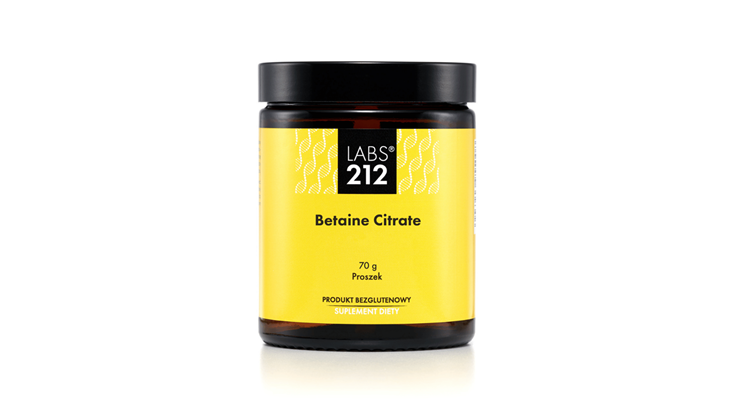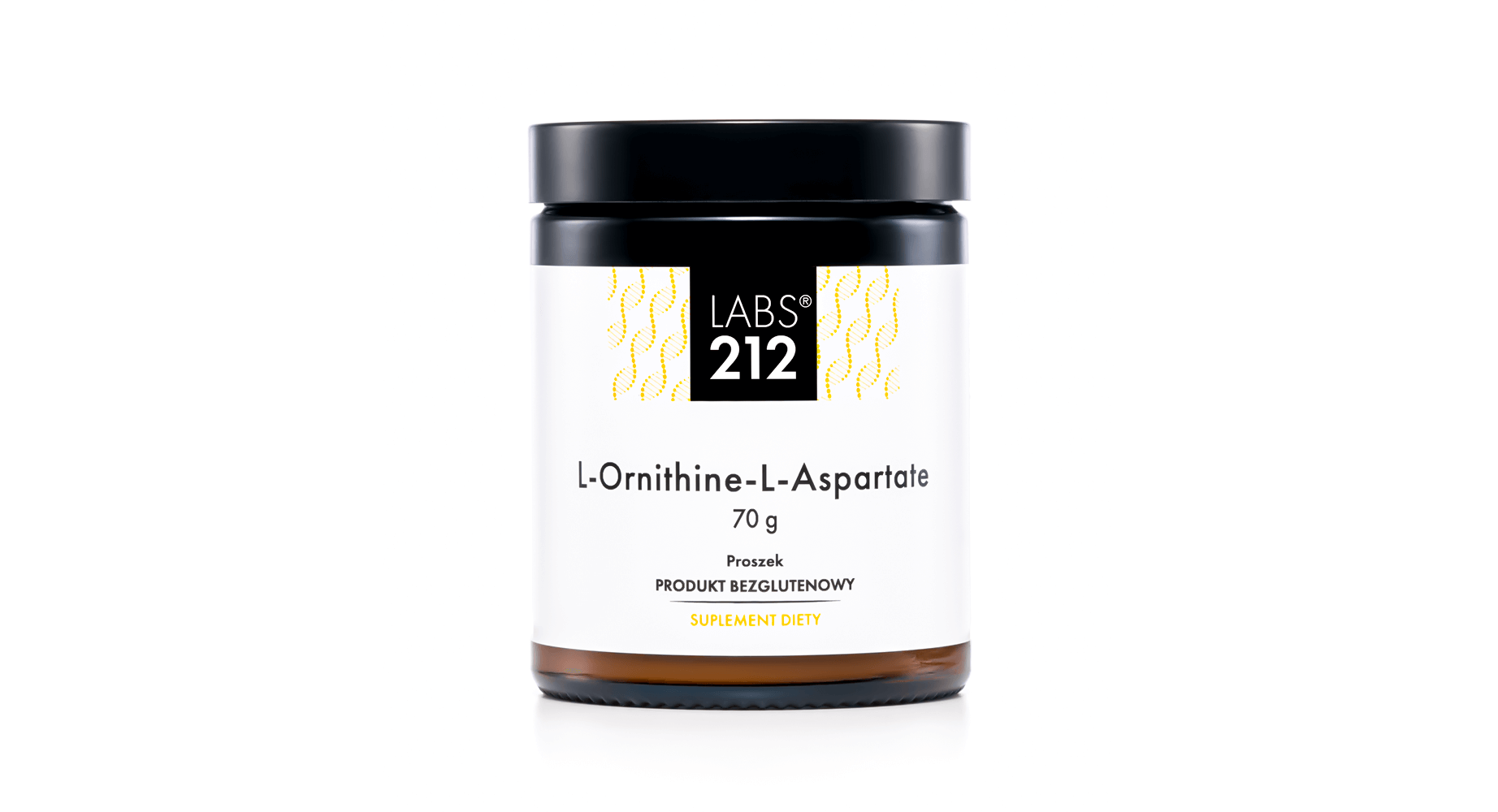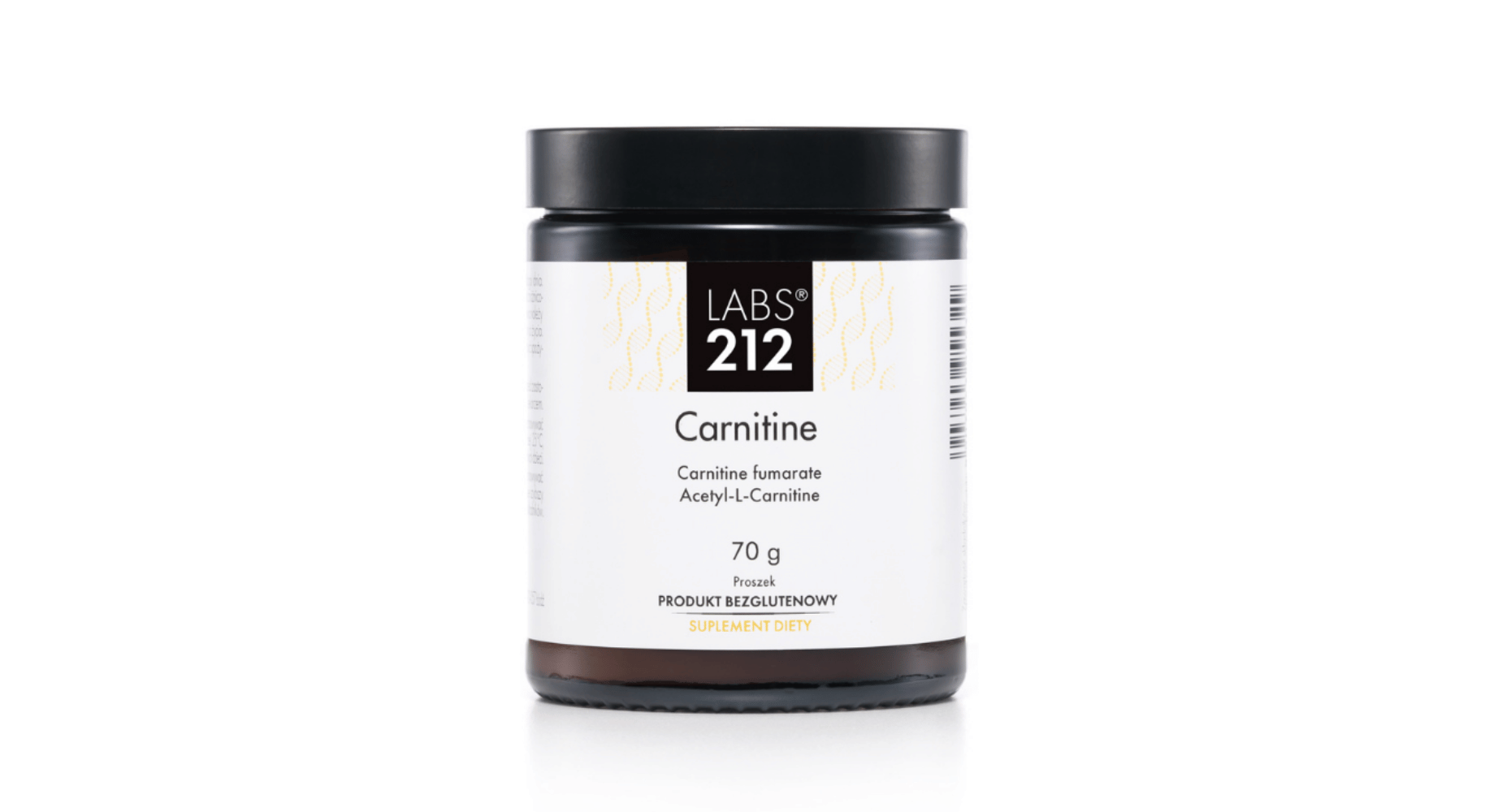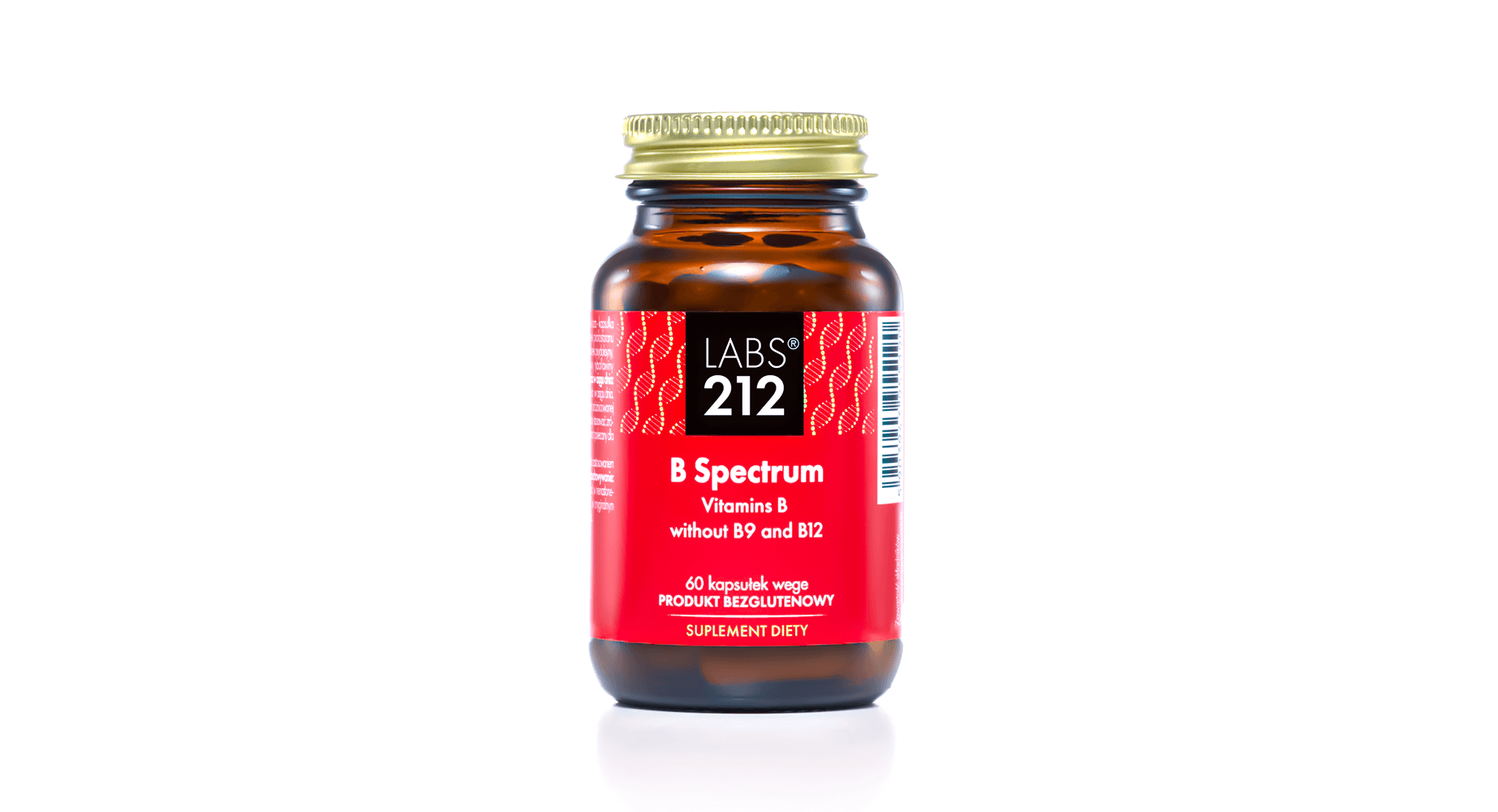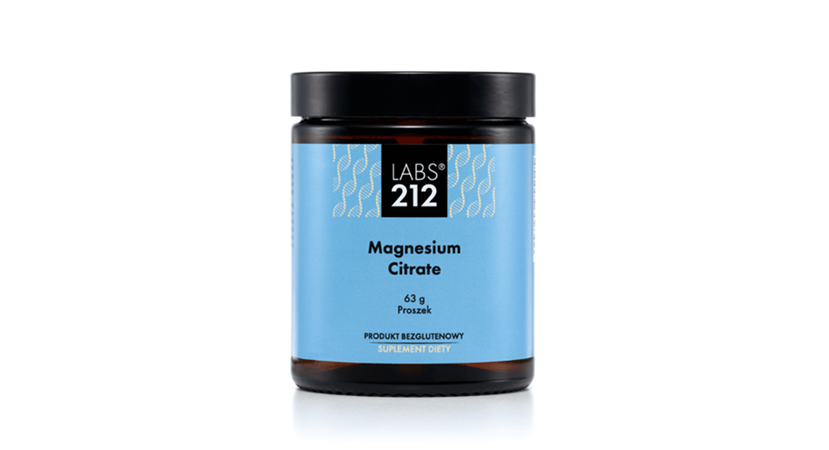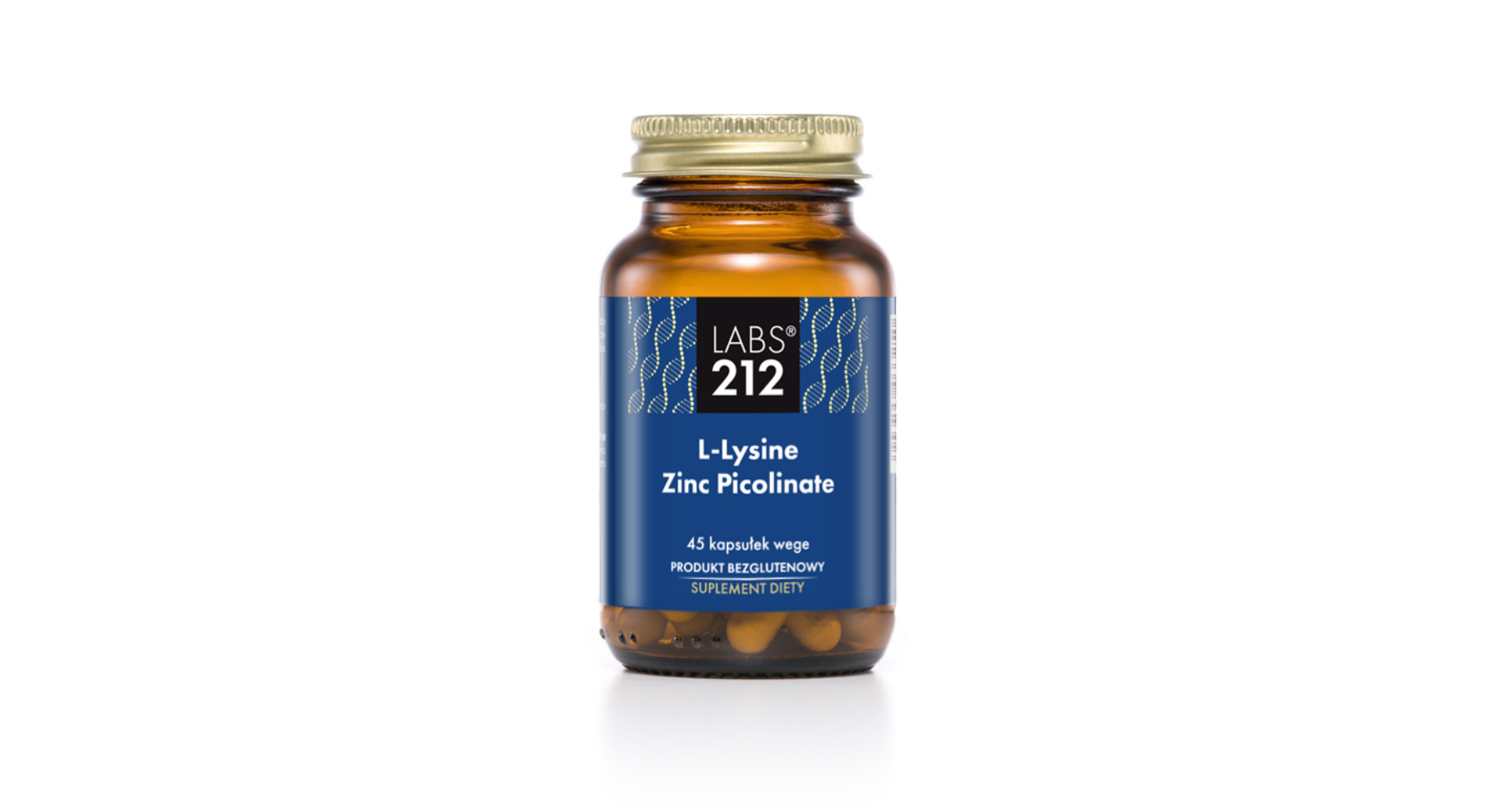Safe shopping guarantee. You will receive your product or your money back. See details
Betaine citrate
Original price was: 99,99 zł.69,99 złCurrent price is: 69,99 zł. Lowest price 30 days before discount: 99,99 zł.
Comprehensive support for the digestive system. Provided in powder form. Helps maintain normal homocysteine metabolism.
Dietary supplement
Betaine citrate
Helps maintain normal homocysteine metabolism
Tested microbiologically, for heavy metals and ethylene oxide
Servings per container: 140
99.99 zł
69.99 zł
26 in stock
Price per 100 g: 142,84

Lowest price 30 days before discount: 99,99 zł.
With our promotion you save 30 zł!

Betaine Citrate - support of the digestive system
Betaine is an organic compound sourced from the amino acid glycine.
The name is derived from the Latin name for beetroot (Latin. Beta vulgaris), which is its main source. Other foods containing betaine include spinach, wheat, wheat bran, wheat germ, wheat bread, shellfish: mussels, and shrimp.
Betaine is normally present in the human plasma due to dietary intake and endogenous synthesis in liver and kidney.
Betaine is a natural component of gastric juice. In combination with pepsin, a digestive enzyme, it breaks down compounds into smaller particles and then takes part in their assimilation process.
Betaine is the trimethyl derivative of glycine, which makes it a methyl group donor.
Homocysteine is a sulphur-containing amino acid, formed in the body by the metabolism of methionine. The concentration and excess of homocysteine have been the subject of many research studies in recent years, which have clearly shown that an excess of homocysteine is dangerous as it increases the risk of cardiovascular diseases such as stroke and atherosclerosis, as well as the formation of blood clots.
What is the mechanism?
Excess homocysteine in the blood can make blood vessels less elastic and can also lead to damage to the endothelium that lines the inside of the blood vessels of cells.
References:
Brouwer, I. A., Verhoef, P., Urgert, R. (2000). Betaine supplementation and plasma homocysteine in healthy volunteers. Arch. Intern. Med., 160, 16, 2546–2547.
Day CR, Kempson SA. Betaine chemistry, roles, and potential use in liver disease. Biochim Biophys Acta. 2016 Jun;1860(6):1098-106. doi: 10.1016/j.bbagen.2016.02.001. Epub 2016 Feb 2. PMID: 26850693.

